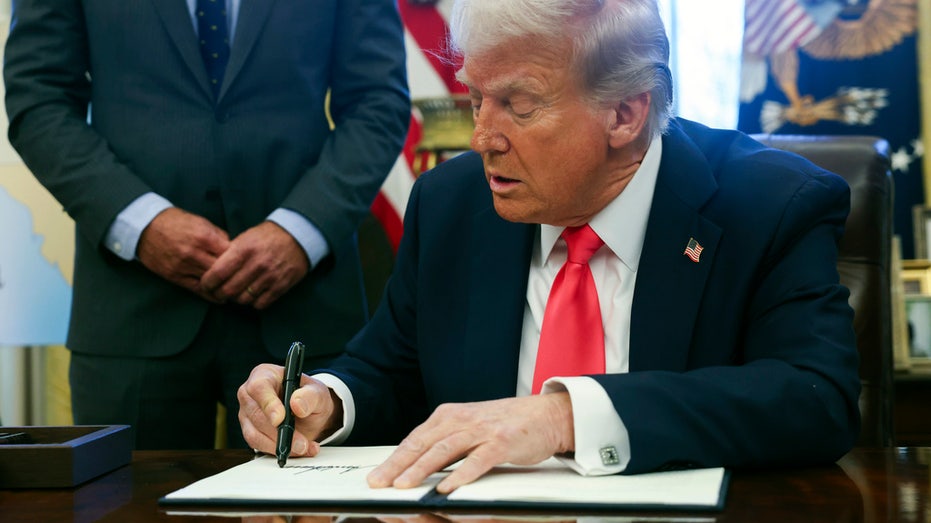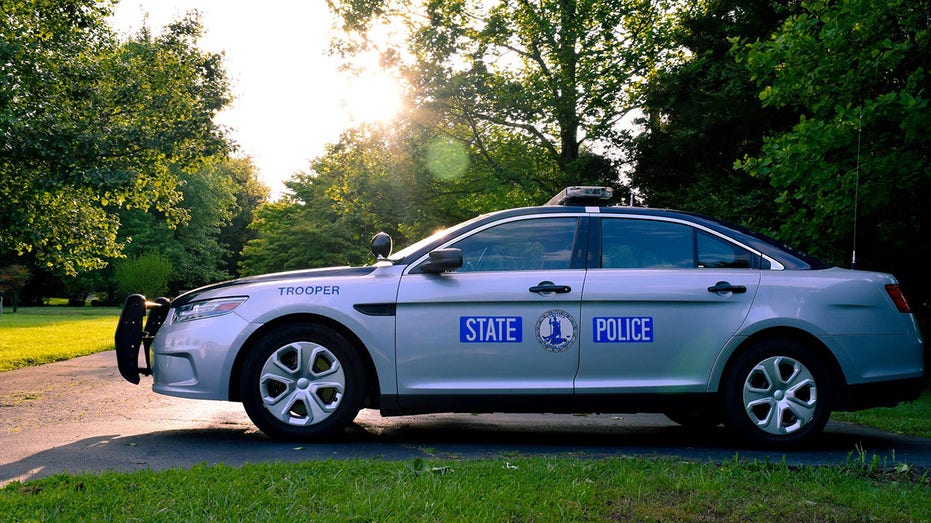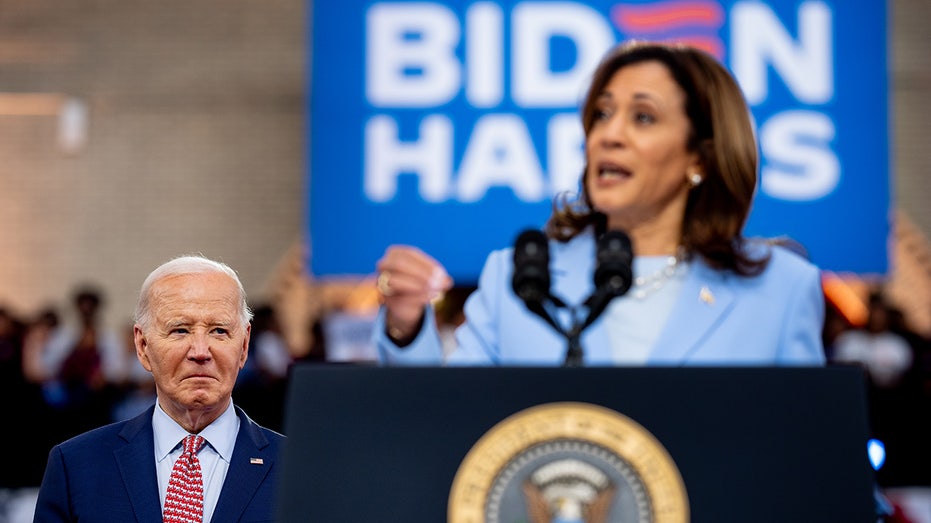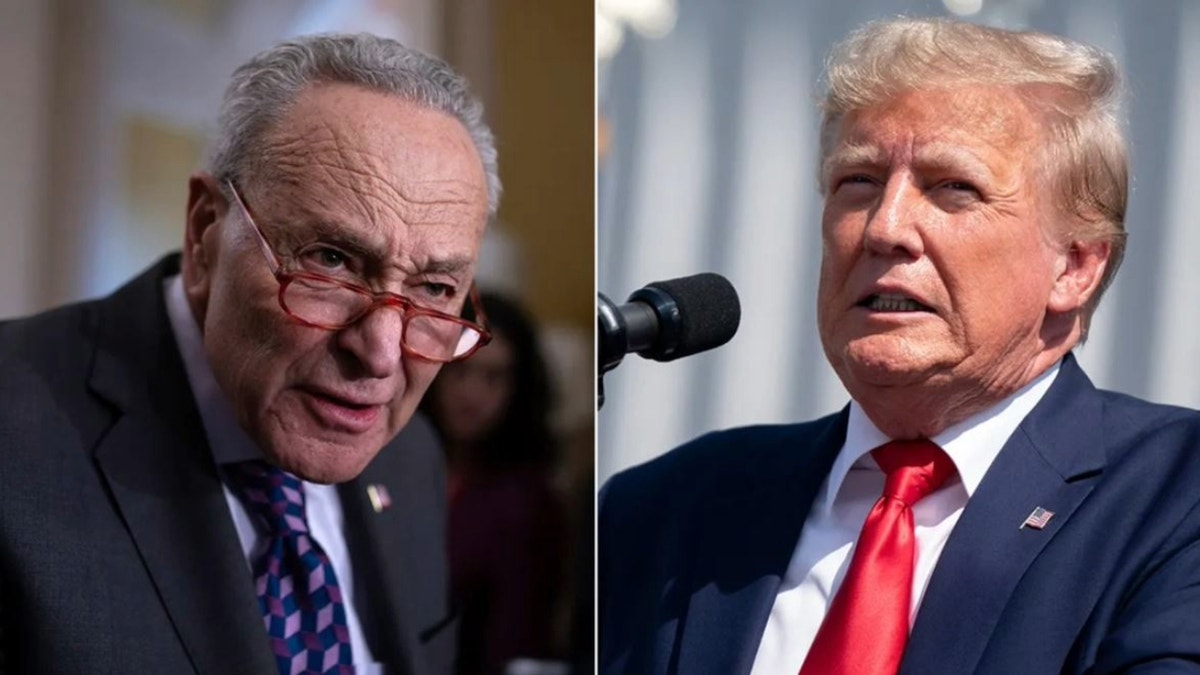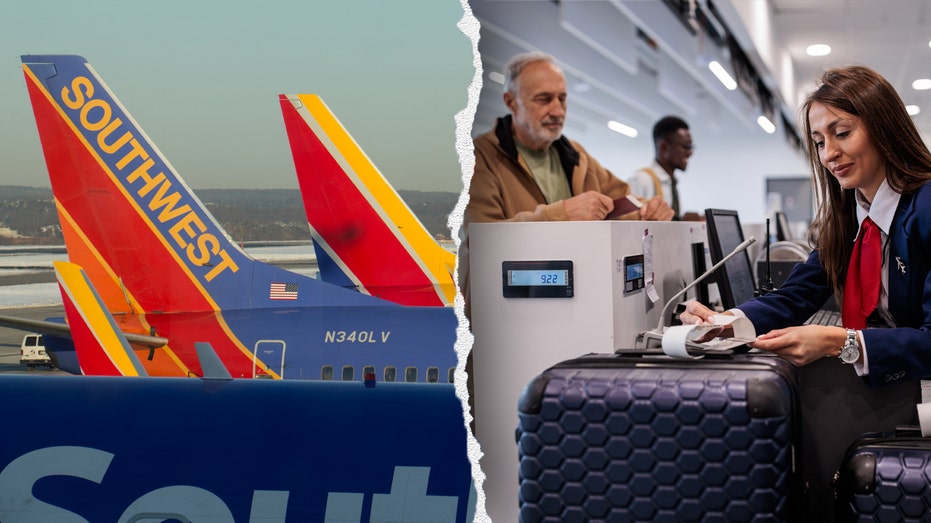- by foxnews
- 14 Mar 2025
Elon Musk’s Twitter coup has harmed the right. They are now simply ‘too online’ | Paolo Gerbaudo
Elon Musk’s Twitter coup has harmed the right. They are now simply ‘too online’ | Paolo Gerbaudo
- by theguardian
- 26 Sep 2024
- in politics
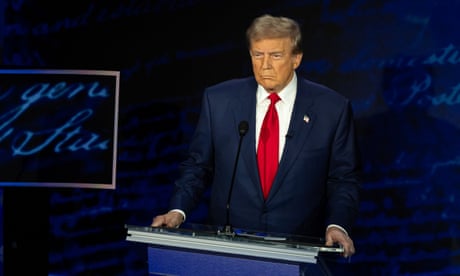
In the aftermath of Donald Trump's shock victory in 2016, one common explanation for why the Democrats had not seen it coming was that they had succumbed to the social media echo chamber. The fact that many digital platforms, such as Twitter (now X), tended to be dominated by liberals had lured Democrats into a false sense of security. This, so the explanation went, made them complacent, leading to inconsiderate gestures that alienated sections of the electorate: Hillary Clinton's infamous jab at Trump's supporters as "deplorables" was often cited as a prime example.
With the internet ever more captive to the caprices of timeline algorithms, the risk of echo chambers is even greater in this election cycle. However, it is now Trump and the broader political right that is - to use the internet lingo - "too online".
The rightwing surge seen in many countries' recent elections, especially in Europe, has been paralleled (and supported) by a significant rise of the right's influence online. As documented by much academic research on social media and politics, the leading influencers on platforms such as YouTube, X and the instant messaging platform Telegram are rightwing. On many of these platforms, the conversation has increasingly shifted towards rightwing themes and positions, with rightwing messages tending to circulate more widely.
This social media hegemony, which has been in the making for many years and was cemented by Elon Musk's Twitter takeover, has now created a right that harbours a similar sense of delusion and complacency to the one that, in the past, has proved so detrimental for progressives.
Consider the way vice-presidential candidate JD Vance has brazenly doubled down on his 2021 comment about "childless cat ladies"; or widely ridiculed - and dangerous - online hoaxes about cats and dogs being eaten by Haitian immigrants, which appear to have travelled from Facebook to the mouth of the Republican candidate in a matter of days; or Musk's creepy rebuke concerning Taylor Swift after the pop singer endorsed Kamala Harris, offering to "give her a child". Such extreme messaging does cater to the Maga (Make America great again) crowd of true believers - but it comes at the electoral cost of potentially alienating large swaths of the moderate voting-age population.
As political scientists have long observed, a party's rank and file is more ideologically extreme than its electorate. If leaders get trapped in the militant core, they can end up developing an unrealistic appraisal of the opinion of their target voters. This is precisely what 24/7 immersion in social media, with their plebiscitary pseudo-democracy of instant reactions and echo chambers, is all too likely to produce.
Obsession with social media and its popularity contest can also lead to unwise choice of political personnel. JD Vance was appointed as running mate by Trump on the back of vocal support from Silicon Valley and the fervour of his social media followers. Yet, Vance is viewed favourably by a miserly 36% of the electorate, compared with 48% support for his opponent Tim Walz, according to a recent USA Today poll. Trump himself has been criticised by allies because of his closeness to internet personality Laura Loomer, a self-described "white advocate" who has built a successful career by catering to far-right digital cesspits.
A key factor in this radicalisation spiral has been Musk's transformation of broadly liberal Twitter into the reactionary X. Spending $44bn on the purchase certainly made no economic sense, but it seemed to make much political sense. Taking the reins of a platform widely recognised as a sort of "social media of record", or official debating chamber of the internet, capable of shaping the news agenda and public perception, offered the opportunity to fiddle with the formation of public opinion - and this is precisely what Musk did in three ways
First, he has shamelessly granted himself enormous algorithmic privileges, which reportedly boost his messages by a factor of 1,000. He has used this colossal power of amplification by conversing with, and therefore boosting, hard-right extremist accounts, spreading fake news and publishing AI-manufactured images, such as one showing Kamala Harris in communist attire.
Second, by reactivating tens of thousands of accounts - including those of Nazis and antisemites - who had been suspended or banned for violating community guidelines, Musk has goaded liberal and left users to leave the platform out of disgust, therefore effectively shifting the balance of the conversation to the right.
Third, there have been the effects of his "blue check" scheme, which has fundamentally transformed the dynamics of participation on the platform. Now, in any conversation, the top replies are from people with blue checks, who appear to be overwhelmingly right-leaning, largely because of the way more progressive users have boycotted the service out of their animosity towards Musk.
Musk's "Twitter coup" has offered a new home to those who had retreated to Maga platforms such as Truth Social and Parler. But in so doing it has also led to the creation of a macroscopic reactionary echo chamber, which feeds into the right's confirmation bias and self-complacency.
Ultimately, the reason why rightwing politicians and their billionaire allies invest so much energy and resources into social media is that these platforms can influence people's opinions in a more organic way than traditional forms of political communication. The irony here is that in attempting to use its money and power to shift the discursive dial, the right might have inadvertently undermined its own prospects.
- by foxnews
- descember 09, 2016
Southwest flyers fire back over airline ending free checked bag policy: 'Nail in the coffin'
Southwest has customers sounding off after the airline announced an end to its checked bag policy, leading some flyers to say they'll "boycott" the airline.
read more